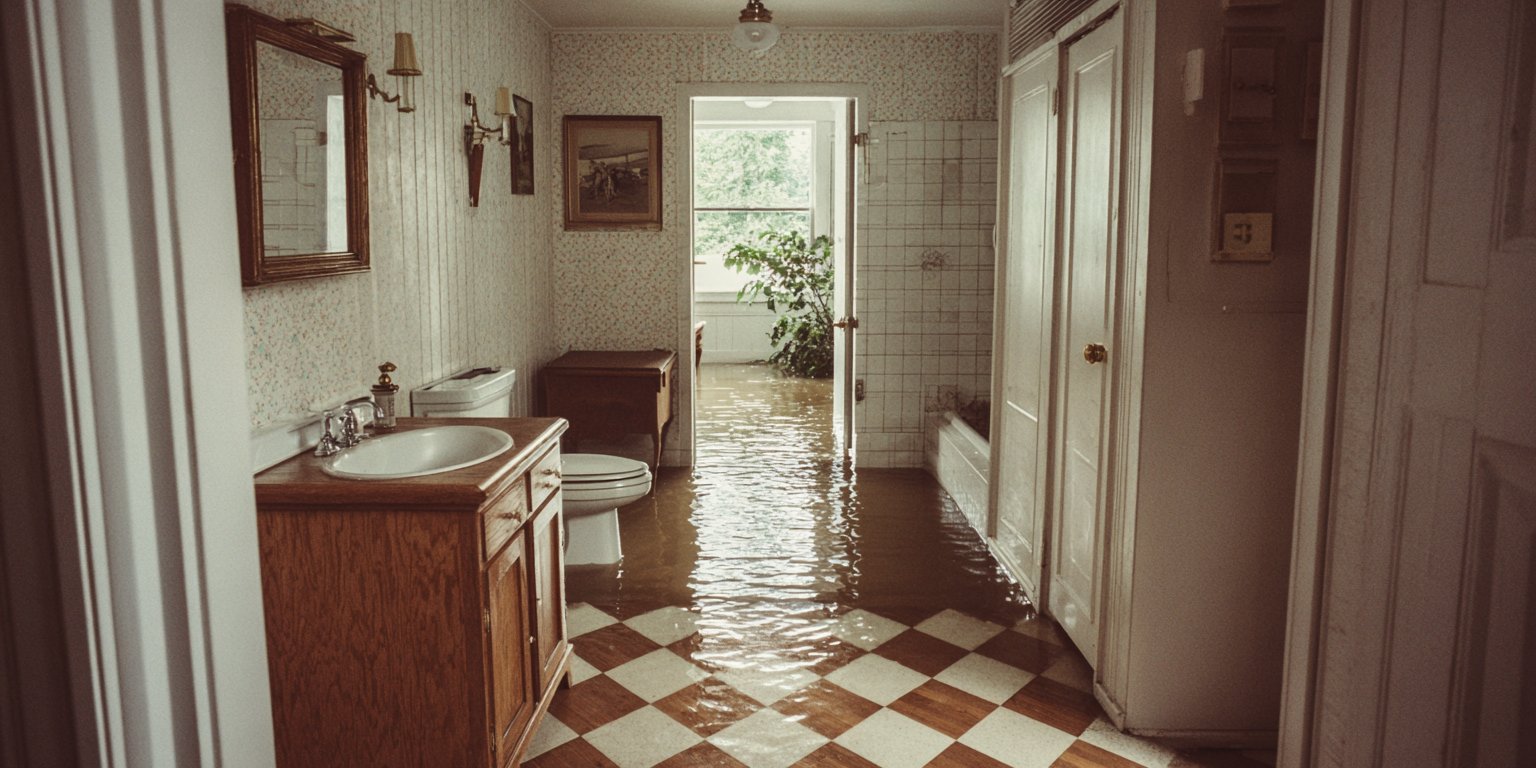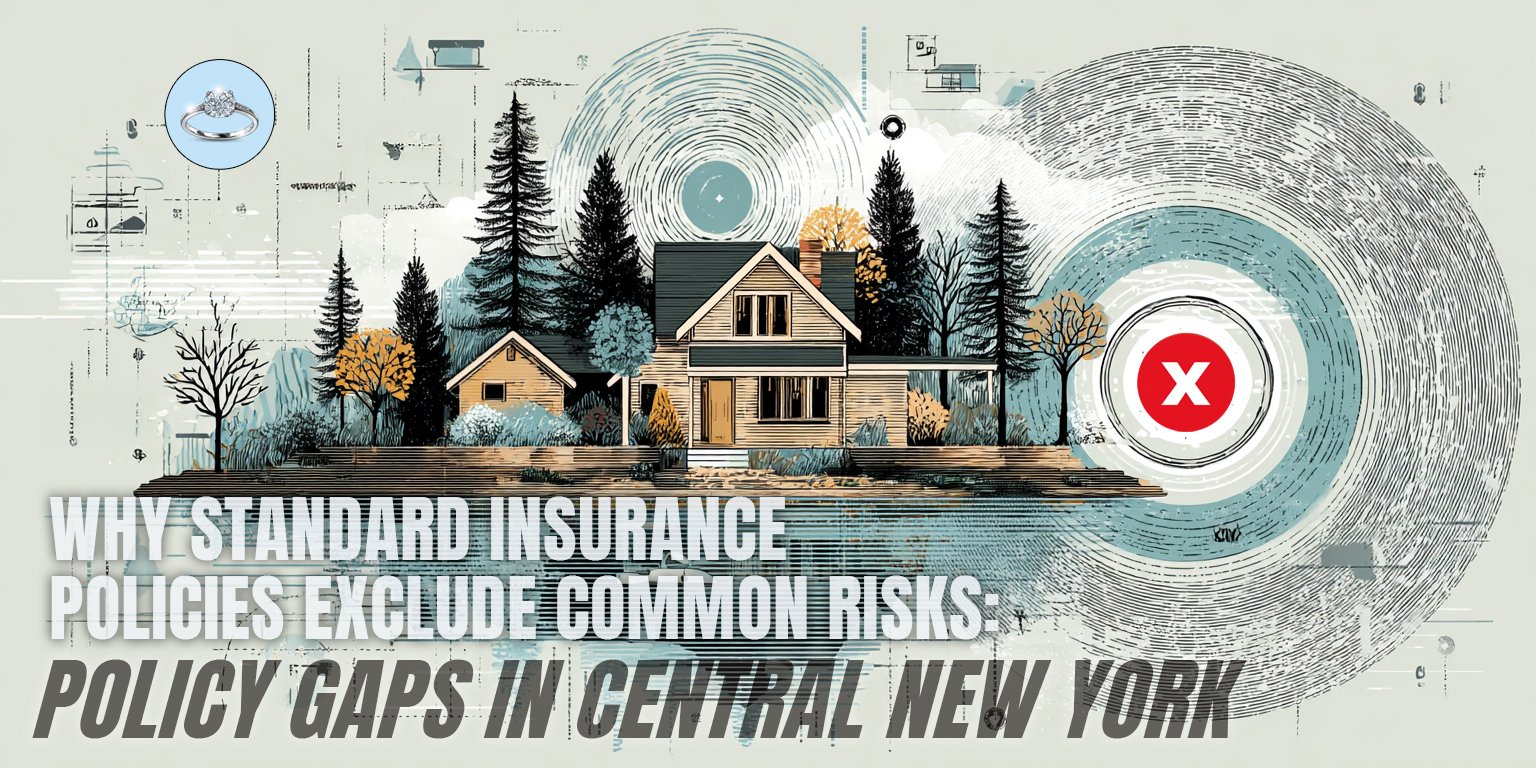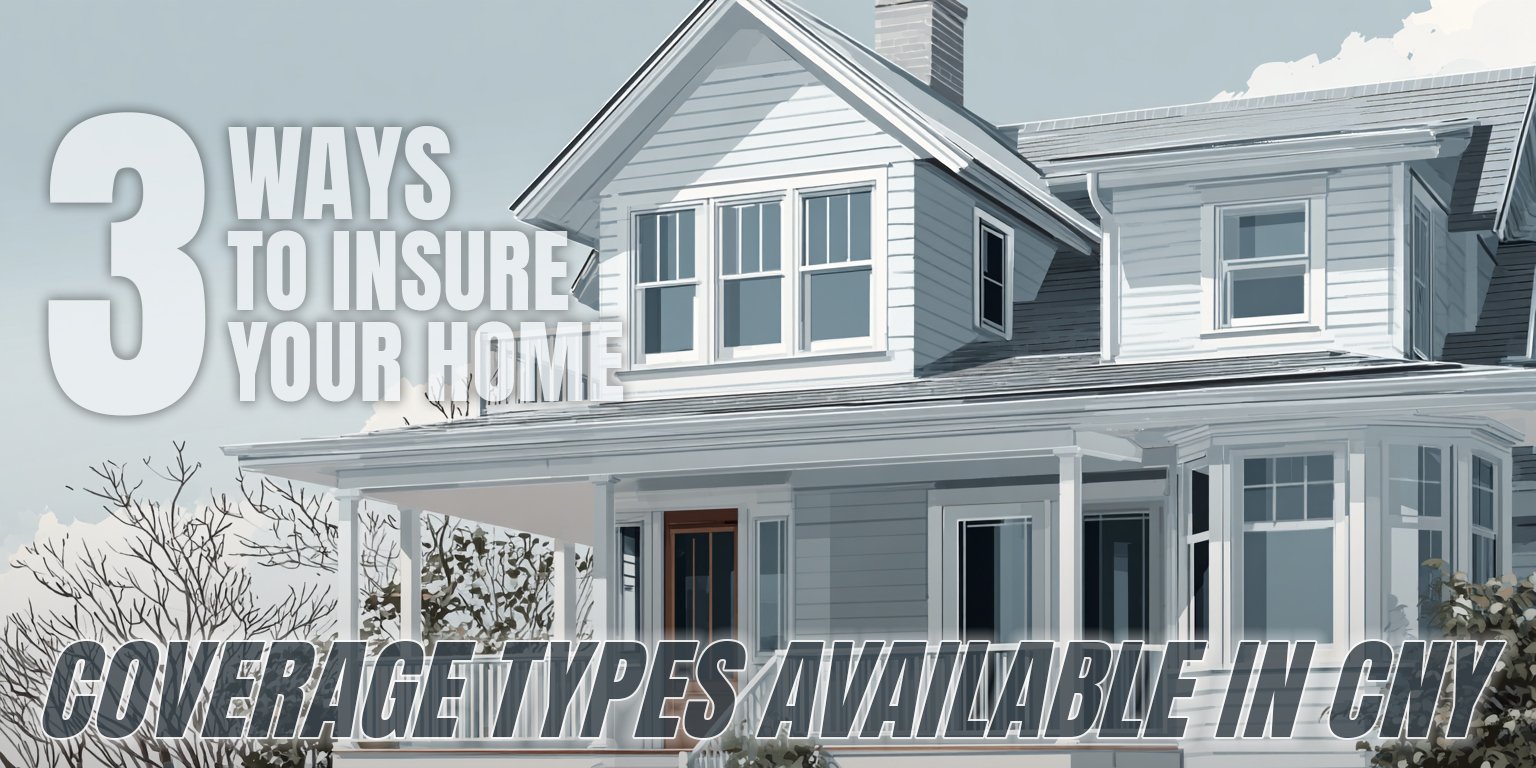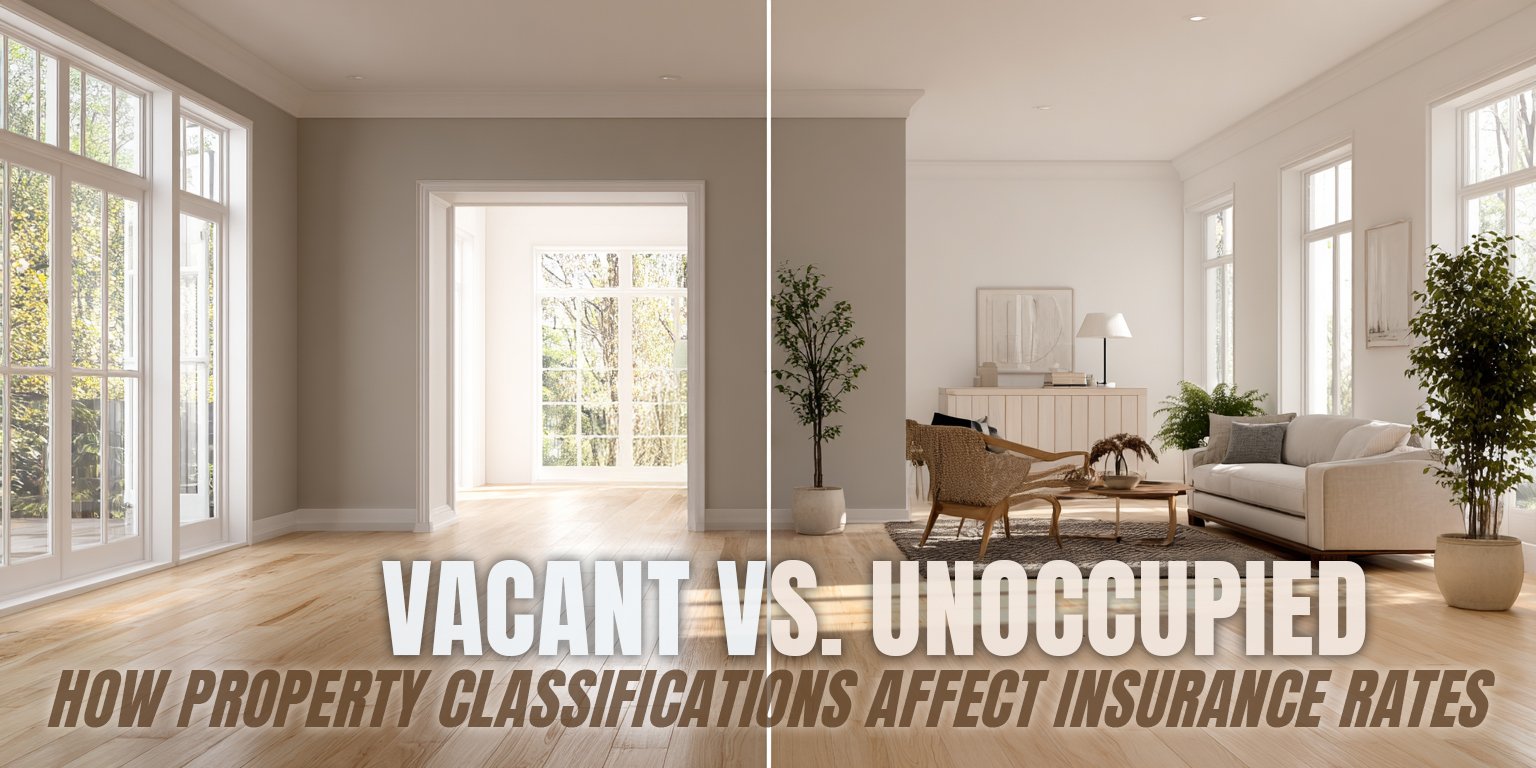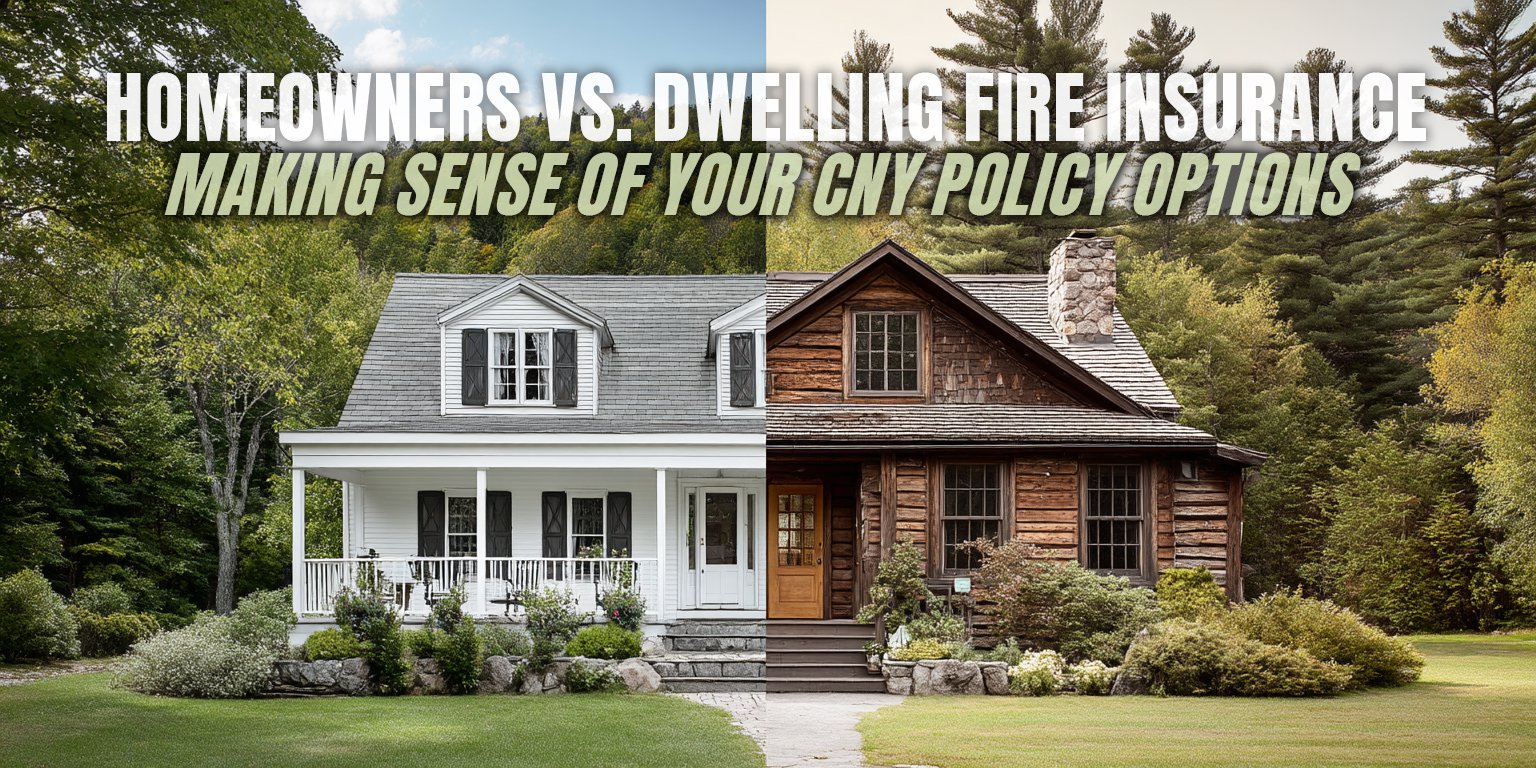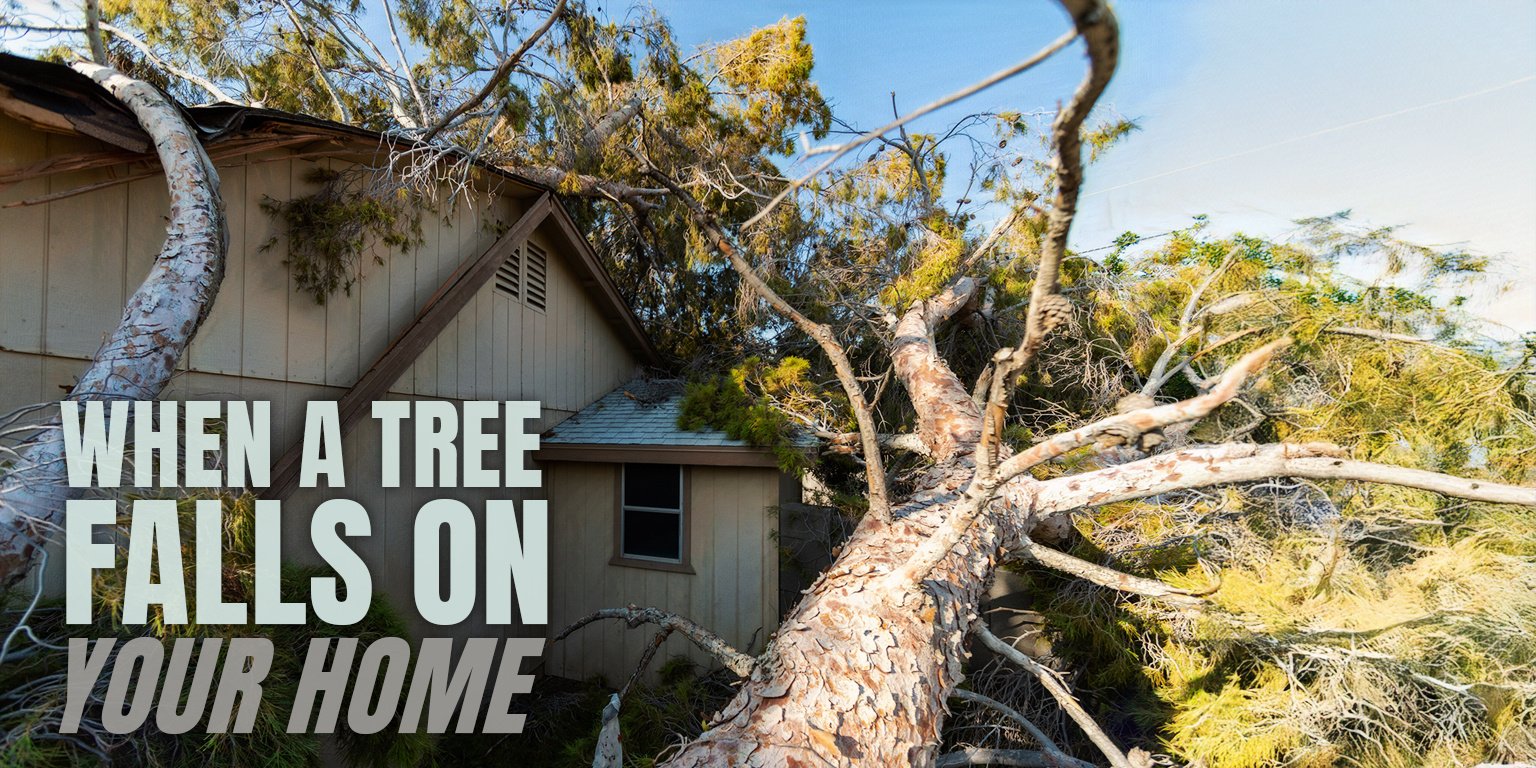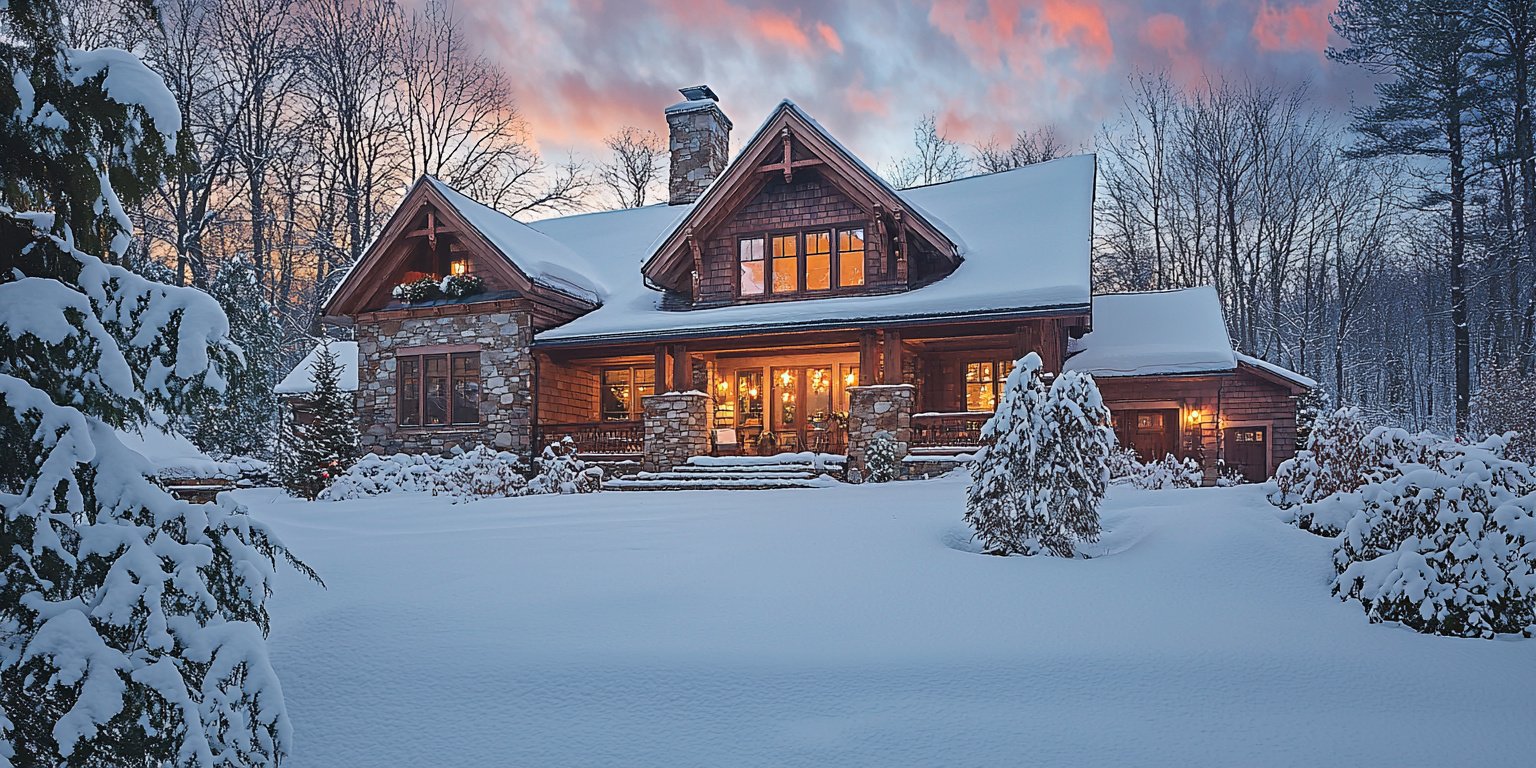If you own a property in a community that has a Homeowners Association (HOA) or condominium association in Central New York, you might assume your insurance coverage is complete. Your policy is paid up, and you feel protected. But there's an often misunderstood aspect of coverage that can leave many homeowners puzzled: special assessments.
At the Horan insurance agency, we've encountered numerous Central New York residents who struggle to decipher whether their standard insurance policies cover these unexpected charges. Special assessments are a unique aspect of condo and HOA living, and understanding how they fit into your insurance coverage can be challenging.
The complex language and detailed terms in insurance policies can be overwhelming. It's easy to overlook or misinterpret the specifics of your coverage when faced with insurance jargon and lengthy policy documents. This difficulty in fully comprehending policy details can lead to unexpected situations when an assessment is levied.
In this article, we'll demystify the world of special assessment coverage. We'll explore what these assessments are, how they relate to your insurance policy, and how to navigate the often confusing landscape of coverage options. Our goal is to help you understand your policy better and make informed decisions about your insurance needs.
 What Are Special Assessments? Understanding the Hidden Costs of Community Living
What Are Special Assessments? Understanding the Hidden Costs of Community Living
Special assessments are additional fees charged to homeowners when a condo or HOA faces unexpected expenses or major repairs that exceed their current budget.
As a homeowner in an HOA community, you're considered a “member” of the association, which comes with both privileges and responsibilities, including the obligation to pay your share of these assessments when they're levied.
Special assessments can be issued for various reasons, including
- major repairs,
- legal fees,
- budget shortfalls,
- unforeseen maintenance issues, or
- liability claims not covered by the association's insurance.
These assessments can range from a few hundred dollars to tens of thousands, depending on the situation.
The Low Dues Dilemma and Insurance Coverage: A Balancing Act
Many HOAs strive to keep their regular dues low to attract potential buyers and satisfy current residents. While this seems appealing on the surface, it can lead to inadequate insurance coverage and insufficient reserve funds.
When a major expense or loss occurs, the association may not have the resources to cover it, resulting in special assessments.
This cost-cutting approach can leave homeowners vulnerable to significant financial burdens. It's crucial to understand that lower dues might mean a higher risk of special assessments down the line.
Understanding your association's master insurance policy is essential. Key points to consider include
- coverage gaps,
- high deductibles,
- policy limits, and
- exclusions.
For example, motor vehicle liability is often excluded from master condo policies. Imagine a car accident occurs on HOA property in Baldwinsville, resulting in a serious injury. If the injured party sues the HOA, the resulting legal fees and potential settlement could lead to a substantial special assessment for all members.
Why Your Standard Insurance Might Not Provide Adequate Coverage for Special Assessments
Many homeowners assume their regular insurance policy will cover special assessments. Unfortunately, that's often not the case. Standard condo policies typically have limitations when it comes to these unexpected charges.
Here's where the gap in coverage often lies:
- Limited coverage amounts: Your policy might offer some protection, but it's often capped at a relatively low amount.
- Specific exclusions: Some policies explicitly exclude coverage for special assessments.
- Narrow scope: Even policies that do offer some coverage might only apply in very specific situations.
This lack of extensive coverage can leave you vulnerable to significant out-of-pocket expenses.
The Importance of Understanding Your HOA Bylaws
One often overlooked aspect of living in an HOA community is the significance of the association's bylaws. These documents, also known as covenants and restrictions, outline your rights and responsibilities as a homeowner, including your obligation to pay special assessments.
Take the time to review these documents carefully. They typically include a section on special assessments that explains:
- When special assessments can be levied
- How they're calculated
- Your payment obligations
- Consequences of non-payment
Understanding these bylaws can help you prepare for potential special assessments and avoid surprises down the road.
Specialized Coverage Options: Exploring Additional Protection for Special Assessments
To help protect yourself from the financial impact of special assessments, consider specialized coverage options. Many insurance providers offer endorsements or riders specifically designed to address these unexpected costs.
Here's what you need to know about specialized coverage:
- Higher limits: These policies may offer higher coverage limits than standard policies, with some policies providing coverage up to $50,000.
- Broader protection: They often cover a wider range of scenarios that might lead to special assessments.
- Customizable options: You can often tailor the coverage to your specific needs and budget.
Now, while these policies can provide substantial protection, finding coverage for very large special assessments (over $50,000) can be challenging.
This underscores the importance of understanding your association's financial health and insurance coverage.
The Importance of Flood Insurance for All Condo Owners
One often overlooked aspect of condo insurance is flood coverage. Many upper-floor condo owners assume they don't need flood insurance because they're not at ground level. However, this can be a costly misconception.
If a flood damages the lower levels of your building, the association might issue a special assessment to cover the repairs. Your personal flood insurance policy could help cover your share of this assessment, even if your individual unit wasn't directly affected by the flood.
This scenario underscores the importance of considering flood insurance regardless of which floor you live on in a condo building.
Daniel J. Middleton
Daniel is an accomplished content creator. He has been working in publishing for almost two decades. Horan Companies hired Daniel as its content manager in November 2022. The agency entrusted its messaging to him. Since then, Daniel has written insurance articles, service pages, PDF guides, and more. All in an effort to educate CNY readers. He's helping them understand the world of insurance so they can make informed decisions.



 What Are Special Assessments? Understanding the Hidden Costs of Community Living
What Are Special Assessments? Understanding the Hidden Costs of Community Living










